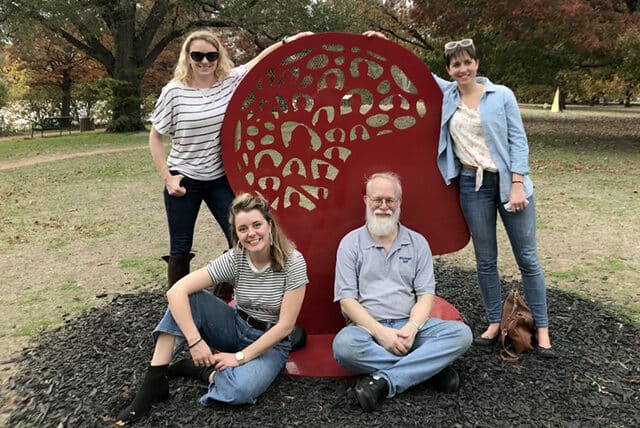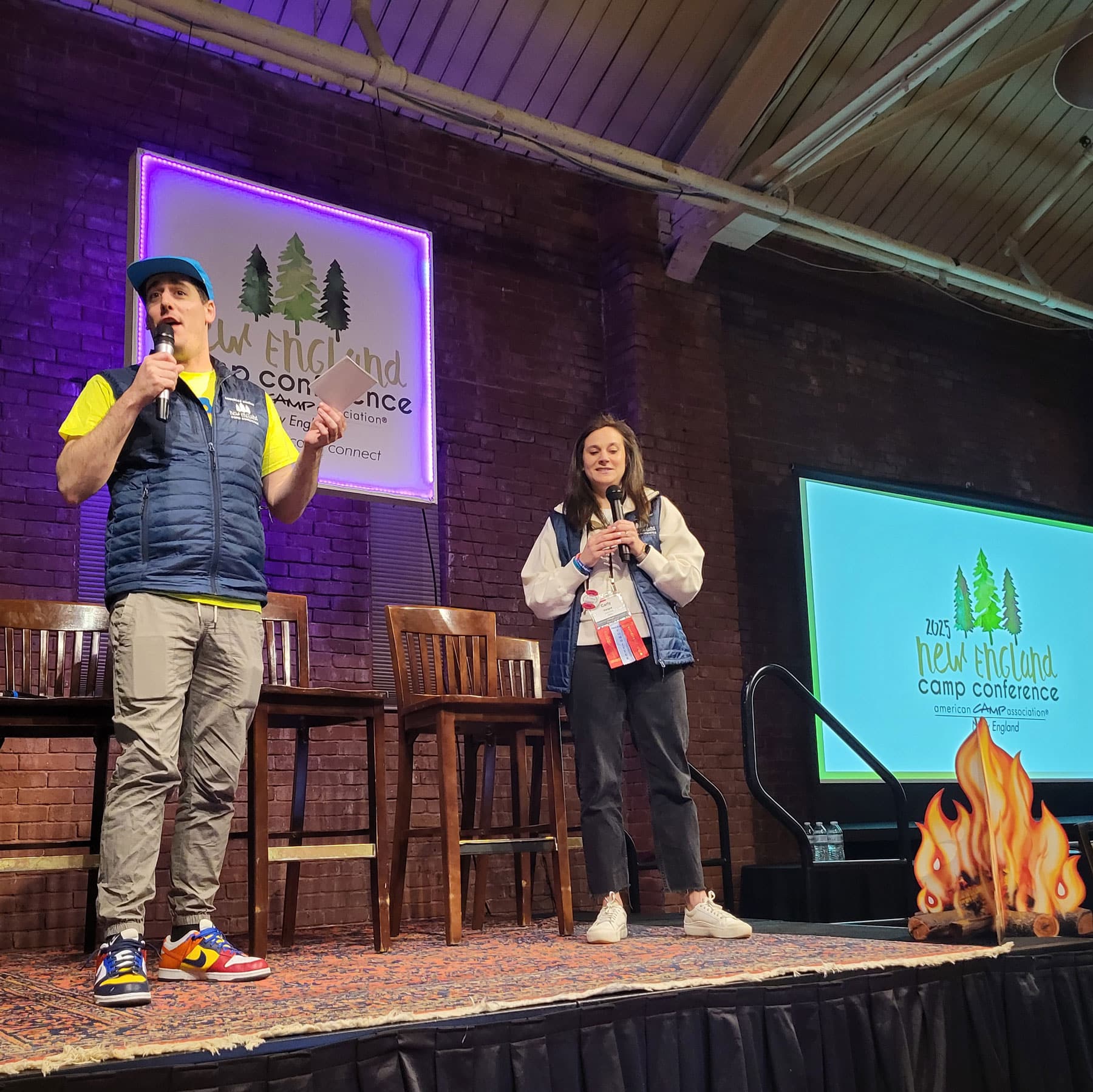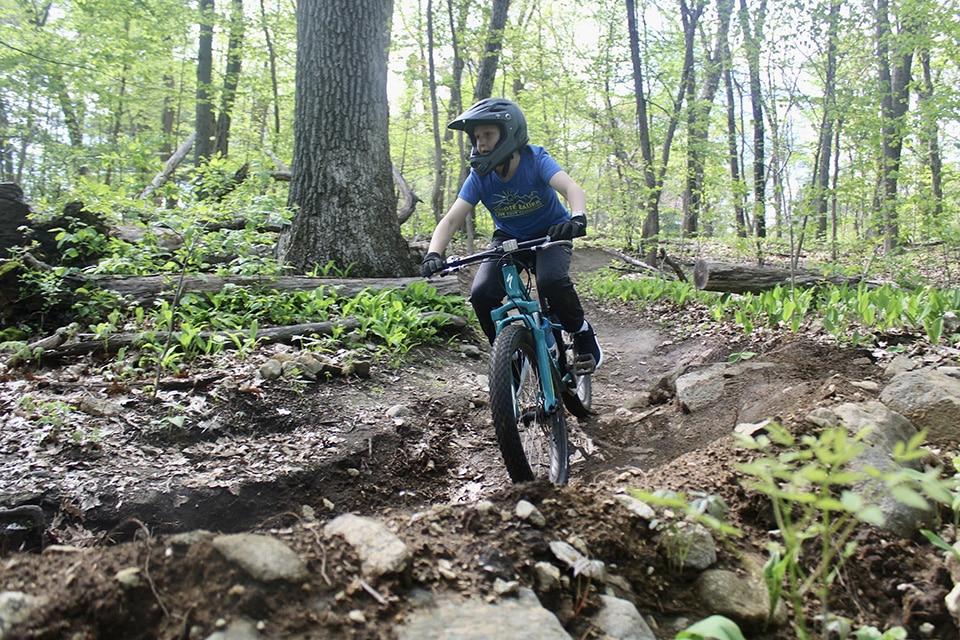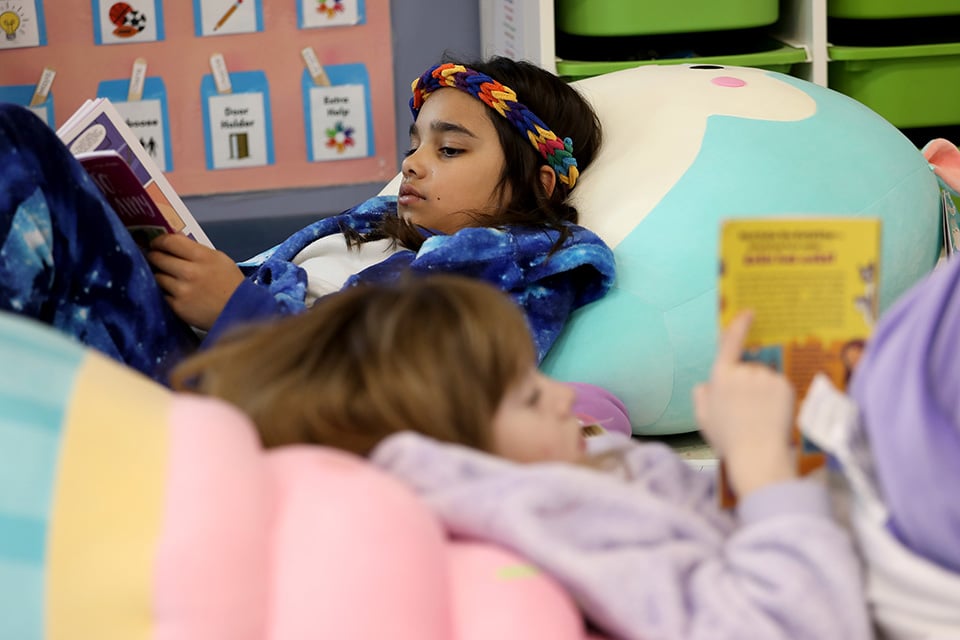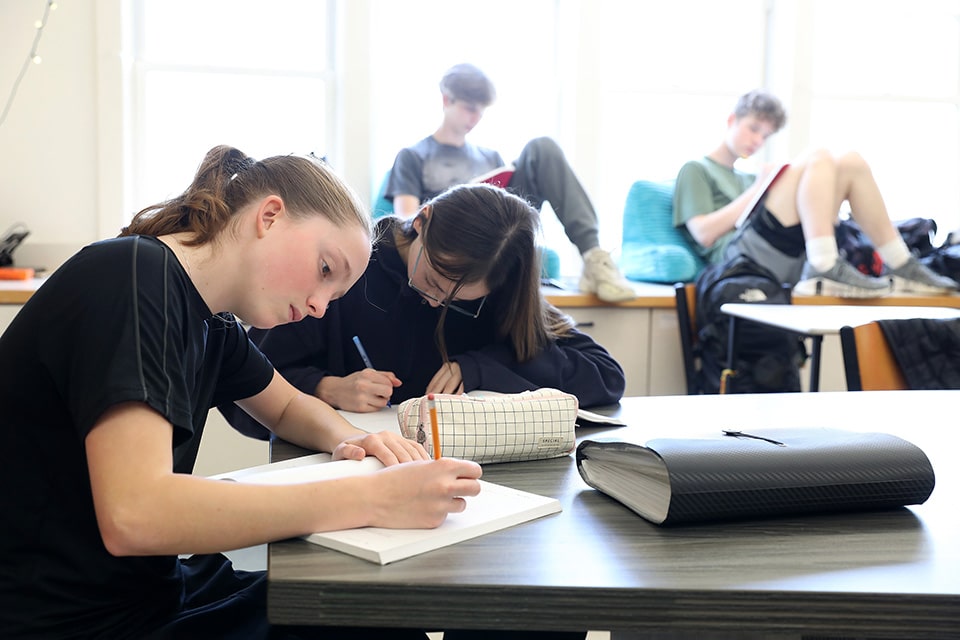In November, four Belmont Day social studies teachers attended the National Council on Social Studies (NCSS) annual conference in Austin, Texas. From a city well-known for great music, the team returned with their minds dancing with new lesson plans, resources, pedagogical approaches, and professional contacts. Attendees Larissa Rochford ’93 (third grade), Julia Juster (fifth grade), Dean Spencer (sixth and seventh grades), and Suzanne Caruso (seventh and eighth grades) recently reflected on their takeaways from and impact of the conference:
Ms. Rochford: This was my first time attending the NCSS conference. I was amazed by the breadth and depth of the workshops and presentations offered. I walked away with a wealth of resources to bring to my third grade social studies curriculum. In particular, I learned about new ways to engage students in analyzing primary source documents, especially photographs. I look forward to incorporating this into our upcoming women’s studies unit. Given the 100th anniversary of the ratification of the 19th Amendment, there were many workshops to take on women’s rights and history. I also learned about a teaching structure called Storypaths. With Storypaths, the students become part of the story that they are learning. I used this structure to teach my unit on Massachusetts and involved role-playing, writing, research, and art.
Ms. Juster: Not only did NCSS allow me critical time to connect with other practitioners (including my wonderful BDS colleagues), but it also inspired me to make immediate changes in my curriculum. Using strategies and resources from the experts in Austin, I updated the fifth grade exploration of migration across the U.S. southern border to include cross-text comparison, visual thinking strategies, and the power of GoogleMaps. Next up is our study of refugee communities, and I can’t wait to continue infusing my teaching with the most relevant practices.
Mr. Spencer: The NCSS conference is always a tremendous source of ideas and resources for me. In past years I’ve brought back materials and ideas from places like the National Gallery of Art and the Right Question Institute that I’ve fit directly into my teaching. This year I’m excited about contacts and resources I’ve found for both my grade seven food systems unit and my grade six world religions unit. Also, there are at least three initiatives I’m excited to share with my colleagues: great approaches to developing primary source albums; geographic information systems with detailed digital mapping; and some common language and philosophy we can bring to the ways we approach student inquiry and exploration.
Ms. Caruso: There were so many workshops at the NCSS conference that it was challenging to decide where to go and what to learn. What I ended up gaining from all the workshops I attended was a reinforcement that inquiry-based teaching is an effective tool when it comes to examining history, and that being a social studies teacher does not mean we are stuck studying and teaching about the past. Instead, our job is to create learning opportunities where students can see how the past relates to the present and from that understanding, make better decisions for their future.
